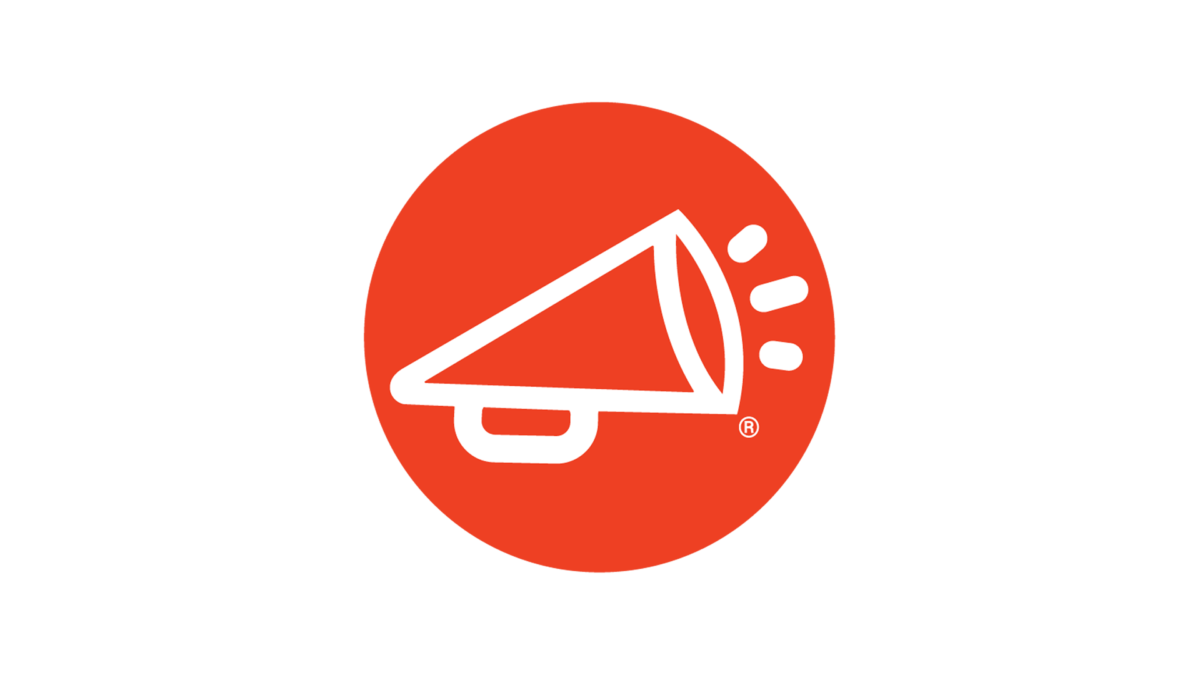Silicon Valley Star Falon Fatemi Shares AI Insights at WorkProud Webinar
Falon Fatemi thinks AI, the topic dominating business conversations these days, has a new and even more important meaning.
“We talk about artificial intelligence,” she said. “I think we are entering the era of artificial intuition. AI is no longer a feature, and it’s become a core requirement,” she said, adding,
“I think we fear what we don’t understand.”
Fatemi says we’re still in the “initial phase” of AI, but businesses had better be paying attention.
“This is really history in the making and an opportunity to make sure we’re thinking about it in the right way,” she said. “At the end of the day, AI in HRM is accelerating the pace of innovation, but it’s also driving the decline of businesses that just can’t keep up.”
Don’t think of AI as a competitor that’s replacing humans in the workplace, she says.
“I understand there’s fear that it might take away jobs,” Fatemi said. “This technology isn’t good enough that it can do your job. “But it’s a copilot opportunity. It can enhance your productivity so you can do more.”
That AI copilot can already save time in many ways:
- Proofreading
- Suggesting how you want to complete a sentence
- Even drafting articles and email responses
But technologies are racing to create what Fatemi calls “AI’s intelligent system, ” which learns from the data or the interactions it analyzes without much human intervention.
“These technologies are figuring out the patterns from the data and driving what I like to call intuitive prediction,” she said. Already today, “We’re seeing that AI can take a data set and generate insights from it right away, which then helps us with our day-to-day decision making.”
What kind of data? To manage the workplace and nurture employee satisfaction, Fatemi says, that can be everything from employee skills, personal details, career advancement, and salary tracking to how competitors are approaching similar situations.
“Our data today is spread across many different platforms, both public and private,” she said.
“Being able to create one single understanding of who people are, what they care about, and mapping that together in one place. You can start to understand the attributes of each individual, and you can start to make both implicit and explicit connections. You start to add that to the AI brain, and from there, you can generate predictions and find new potential relationships and connections that can be made.”
Those insights can help recruit new employees. “It will tell you which of your candidates is going to be your next employee or who’s going to become your next great employee,” Fatemi said. By spotting a set of skills your company might be lacking, she added, “You can have a system that generates a job post for you right away.”
For employees already on board, Fatemi said, a company can “leverage AI in HRM to proactively rank who’s most at risk of attrition and then be able to develop and execute retention strategy.”
If AI can spot people who haven’t been promoted recently, whose productivity seems to be lagging, and who need skills upgrade, among other retention factors, “That might prompt you to have a conversation with a high-valued employee,” she said.
AI, Fatemi said, is “impacting the entire lifecycle of talent management.” And that makes it worth the investment.
“The cost of employee turnover is massive, she said. “Not just the cost of recruiting, replacing, and forfeiting investment in an employee leaving. You lose clients, industry knowledge, competitive advantage, and it impacts your culture.”
Fatemi says that collecting data and implementing HR AI applications are beyond the scope of many smaller and midsize companies.
“You’re going to want to leverage companies like WorkProud that help you capture this data as early as possible,” she said. “You’ll be able to get these insights that are so critical to your business. I really recommend starting to evaluate third-party solutions.”
Fatemi cautions, however, that companies need to safeguard their data when using a third party.
“You need to protect your proprietary data,” she said. “Make sure they don’t take your proprietary data and use it to improve their models and technologies.”
But while picking the right AI vendor is crucial, Fatemi says, it all comes back to data.
“You take all this data, you put it together, you understand the relationships…and now you’re able to start to predict new connections and relationships with a level of confidence,” she said.
“That’s really the power of where this technology is going: putting the right information in front of you at the right time, in the right context, in whatever application you’re in.”
And that, Fatemi says, is the bottom line: “At the end of the day, what does this technology do? It helps you see into the future and make much better decisions.”
WorkProud
WorkProud, which helps companies craft an inspired workplace culture through communication, recognition and rewards, presents a monthly webinar featuring experts on workplace issues from around the country. It’s always free, and there’s usually a great giveaway just for tuning in. Watch for details about upcoming sessions in our monthly newsletter. If you don’t already subscribe, sign up here.
At WorkProud, we leverage technology to:
- Increase the quantity & quality of recognition.
- Drive accountability to show leaders appreciation of its workforce.
- Measure recognition and its effects.
Related articles
Webinar Highlight: How Qualcomm Used Technology to Embed Recognition into Their Culture
The Evolution of HR Leadership: From Procedures to People
The Easiest Way to Attract Tech Talent


